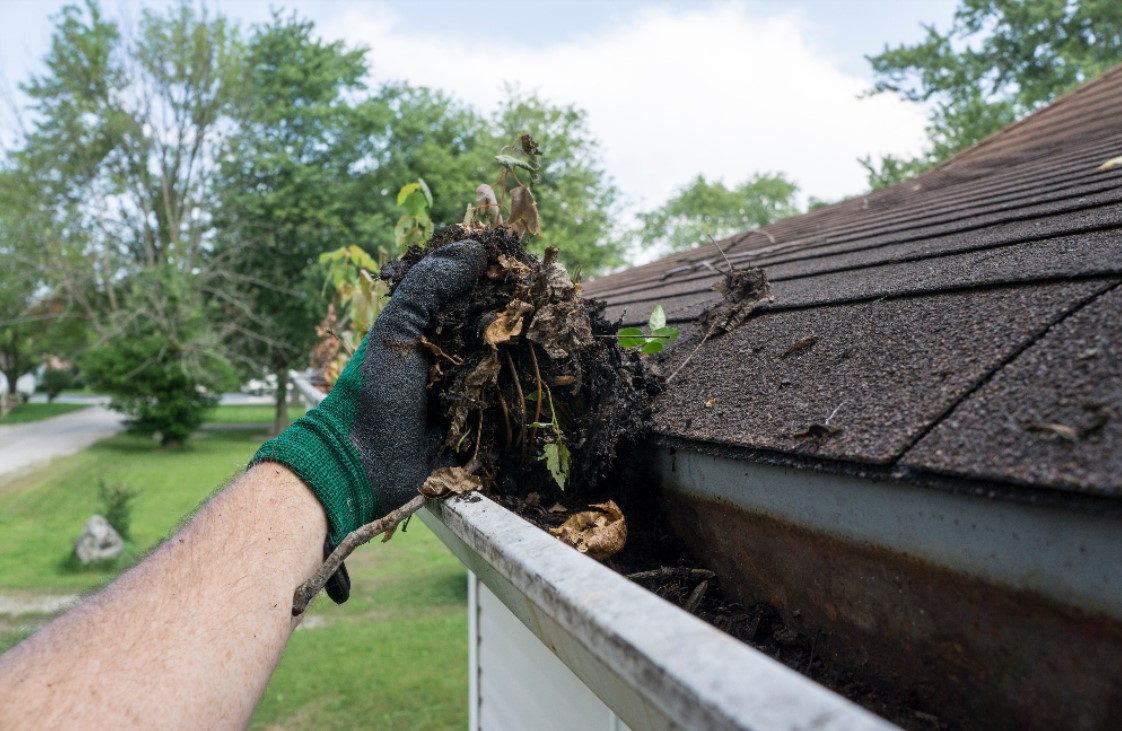Can a Drainage Gutter System Cause Damp?

In areas where there is quite a bit of rainfall throughout the year, it is not surprising that some homes experience damp from time to time. Damp is an excess of moisture in a home and can be caused by a variety of issues. If left untreated though damp can cause many problems, particularly if mold begins to grow. In some homes, damp is caused by an excess of water seeping through the property, while in others the issue is caused by rising damp, where water from the ground begins to travel up the walls.
But did you know that in some cases, the damp comes from a problem with your gutter system? The experts at Global Gutter Systems tell us that if your drainage gutter system has been installed incorrectly or if blockages are left uncleared, excess water in the gutter system can cause overflows and leakages, which can ultimately lead to damp in the home.
Is Your Gutter System to Blame?
Leaking gutters and downpipes are a common cause of damp in a home. Some types of gutters are susceptible to cracks caused by repeated freezing and thawing in cold weather. If this happens, water can seep through the cracks and into the home.
In most cases, a leaking gutter system will result in damp in one area only, unless the cracking is a widespread problem of course. If you notice that only one wall is damp, it is a good idea to check your gutters for leaks. It may be that there are no cracks at all, but the gutter is blocked with dirt and debris and water is backing up and leaking over the sides causing the damp. Thankfully, this is a quick and easy fix for the homeowner.
But it is not only cracks in the gutter or downspout that can result in leaks. Sometimes the joins between sections of gutters have been installed incorrectly and water is dripping here. If this is the case, it may be worthwhile calling a professional gutter company to have it fixed.
What Else Causes Damp in a Home?
Damp in the home can also be caused by a problem with the drainage system in the home. Cracked or damaged pipes can be the result of corroded metal, root growth, or movement underground. It is not always easy to tell if there is a problem with your home’s drainage system because of the pipes being hidden. However, if you notice a bad smell or spot wet patches on walls or floors, this could be the cause. You will need to call a plumber in to check it out.
Radiators can also cause damp if they are allowed to leak without being fixed. Leaking radiators often go unnoticed for quite some time and most people will not spot the signs until the damage is extensive. If your home is damp and you cannot find the cause, call a plumber to check the drainage system and radiators.
It is worth noting that damp might also be caused by poor ventilation in the home. If you are not opening the windows to allow fresh air inside, you may notice that water starts to collect on windows and even walls. This is especially true for older homes that are not well insulated. When the warm air inside the home meets the cold surface of the window or wall, it cools quickly and releases water. To prevent this, open the windows slightly.
To conclude, there are many causes of damp in a home; a poorly fitted or damaged drainage gutter system is one of them.


